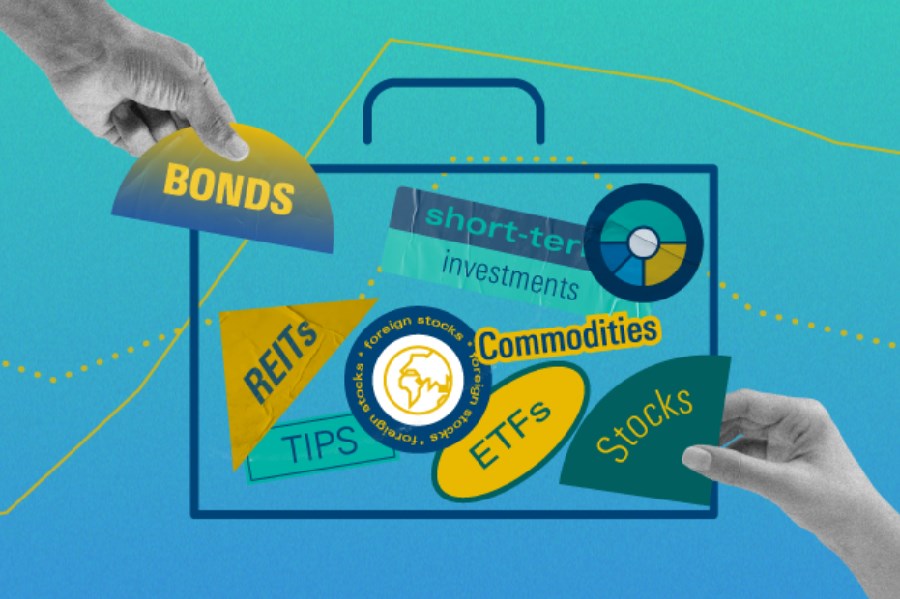
You might have come across the momentum factor or "momentum investing". Put simply, it describes the notion that stocks that have performed well relative to their peers tend to continue to outperform, while those that perform relatively poorly tend to continue to underperform.
There is plenty of history showing this. In a 2014 article by hedge fund manager Clifford Asness and his colleagues at AQR Capital Management, the authors established that the momentum return premium is evident in 212 years of US equity data.
“Some of this evidence predates academic research in financial economics, suggesting that the momentum premium has been part of markets since their very existence, well before researchers studied them as science”, the AQR-team wrote.
Seems bullet proof, right? Not really. Like everything in investing, there is only one surety: you can’t precisely predict returns. Momentum strategies have been plagued by crashes and have several critics. The key lesson for investors is they should handle the power of momentum with care.
Why Do Momentum Stocks Outperform?
Morningstar strategist Amy C. Arnott says momentum has been one of the best-performing market factors over the past decade, delivering a return advantage in seven of the past 10 calendar years.
“Momentum stocks dropped slightly less than the overall market in the coronavirus-driven downturn in early 2020, followed by a strong rebound as the market recovered. Momentum generated an even more robust return premium in 2021’s bullish market,” she says.
As with the other factors, there's an ongoing debate about why the momentum premium persists, and there is no obvious answer. One theory is the strength of the momentum factor probably partly reflects herding behaviour: investors tend to pile into stocks that have posted high returns in the recent past.
It could also be down to the fact that investors either overreact or underreact to news such as a company's earnings announcements, or simply the reluctance to sell stocks at a loss.
Nothing Lasts Forever
Some say the momentum factor is one of the most challenging for investors to capture. This is due to its transitory nature. Any strategy that targets momentum stocks will therefor most likely see a high turnover. Frequently selling and buying stocks increases transaction costs and taxes, both of which can take a significant bite out of returns.
Another important factor is the human mind. Even though all investing requires discipline, some believe a momentum factor investor needs to be even more disciplined. Most people tend to hang on to losing stocks while selling their winners, a tendency behavioural economists call the disposition effect. But to be a momentum investor you need to do the complete opposite and on a regular basis sell your losers and hold on to high-momentum winners.
"Nothing lasts forever. Momentum is a powerful force, but so is reversion to the mean. That means investors who want to bet on momentum should do so carefully and remember that it’s not a guaranteed route to success," Arnott declares.




















